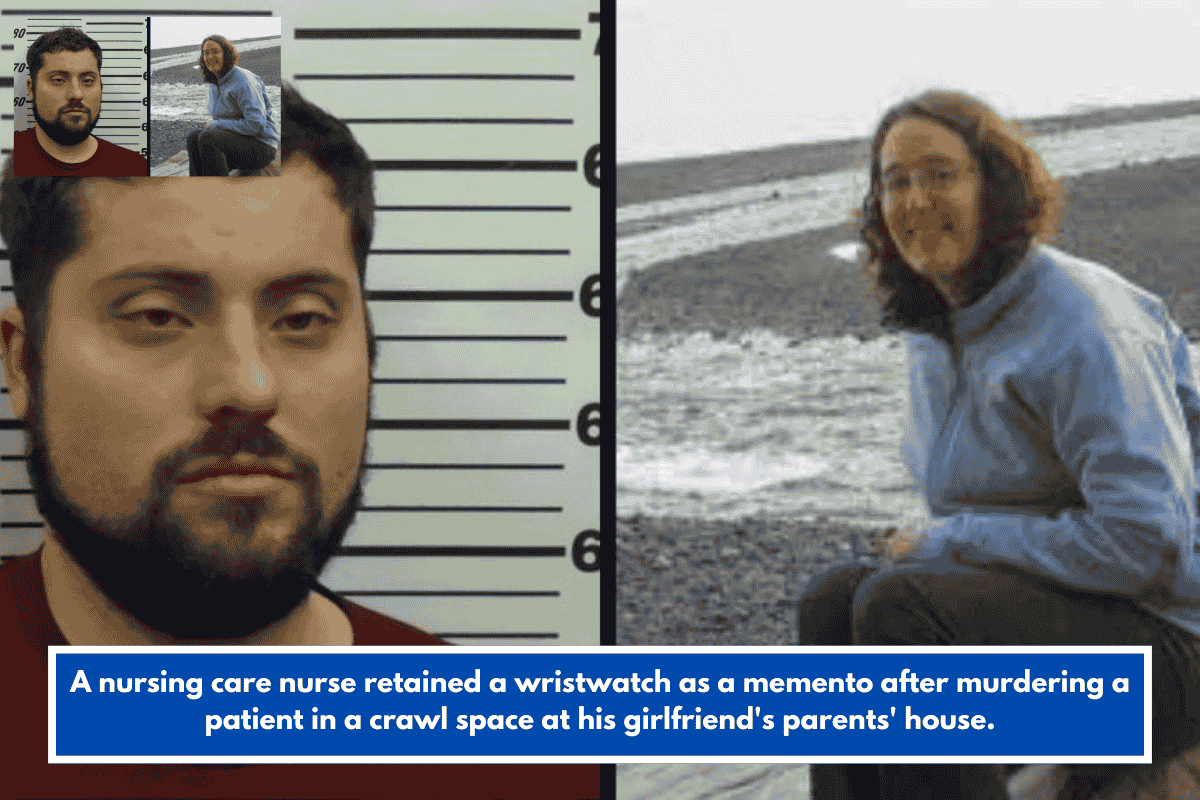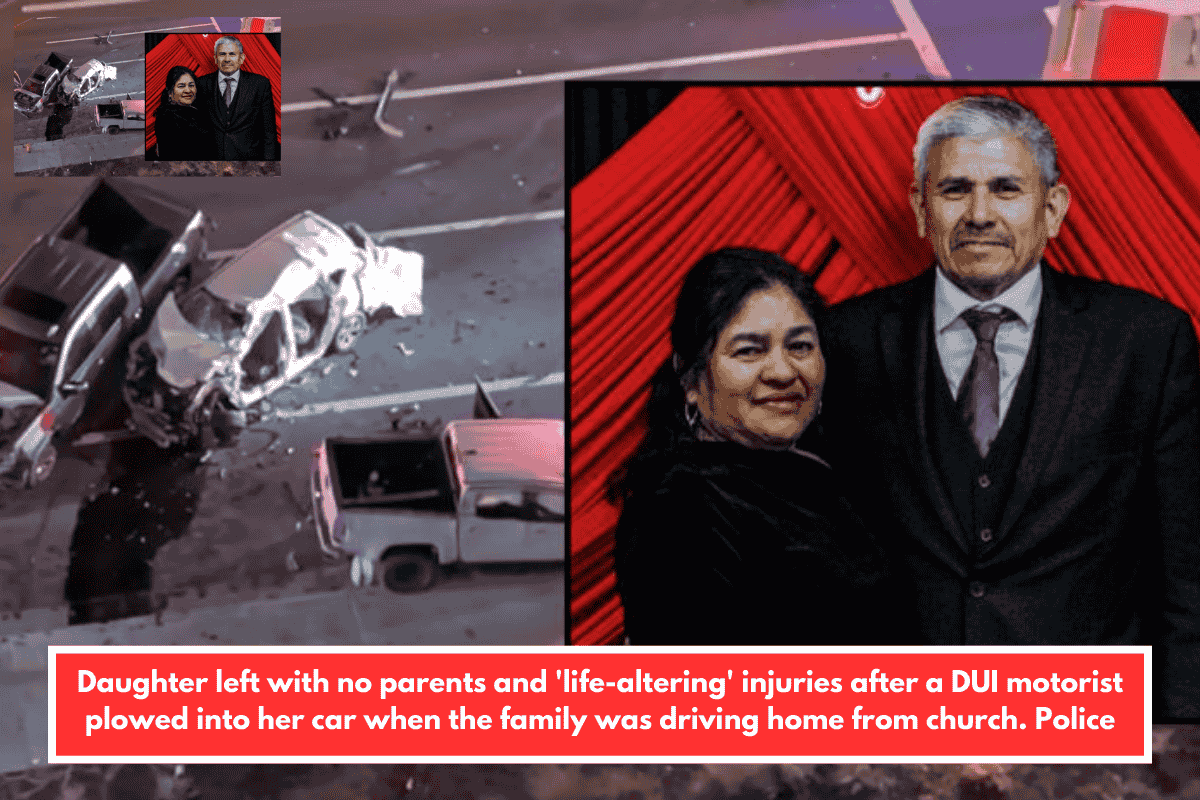In this article, we’ll break down how OWI laws in Wisconsin work, especially in situations where individuals are found sleeping in their car. We’ll also explain possible defenses and what steps to take if you’re facing a charge.
What Is OWI in Wisconsin?
In Wisconsin, OWI stands for Operating While Intoxicated. This legal term is broader than DUI and covers not just driving, but also being in control of a vehicle while impaired by alcohol or drugs.
What Does “Physical Control” Mean?
“Physical control” means you have the ability to operate a vehicle, even if you’re not driving. For example:
- Sitting in the driver’s seat with the keys nearby
- Having the car running or ready to start
- Being parked in a place where the car could easily enter traffic
You could be charged with OWI in Wisconsin even if the car is parked and you’re only trying to sleep off the alcohol.
When Sleeping in Your Car Can Lead to an OWI
Trying to do the right thing by sleeping in your car instead of driving might still land you in legal trouble. Here’s what law enforcement may look at:
Key Location
If the keys are in the ignition, on the seat, or in your pocket, officers may assume you had the ability—or the intention—to drive.
Seating Position
If you’re in the driver’s seat, it suggests control of the vehicle. Sitting in the backseat or passenger seat could help show you had no intent to drive.
Parking Location
Being parked in a public place or near a road may be seen as preparation to drive, increasing suspicion.
Even if your intentions were good, these details can result in charges.
Legal Defenses for OWI While Parked
Facing an OWI doesn’t mean you’re automatically guilty. There are several valid defenses that a skilled DUI attorney in Wisconsin may use:
1. Lack of Intent to Operate
Showing that you had no plans to drive—perhaps you were sleeping in the backseat or had hidden your keys.
2. Improper Police Procedure
If your arrest involved violations of your rights, like no probable cause or faulty sobriety tests, your case may be challenged.
3. Insufficient Evidence
The prosecution must prove you were intoxicated and in control of the vehicle. If evidence is weak, your case may not hold up.
4. Inoperable Vehicle
If your car couldn’t run (e.g., dead battery or no fuel), this can help prove you weren’t capable of driving.
5. Necessity or Emergency
In rare cases, proving that you were avoiding a greater danger by sleeping in your car could help justify your actions.
What to Do If You’re Charged with OWI for Sleeping in Your Car
If you’re charged with OWI after sleeping in your vehicle, don’t panic—but act quickly:
- Stay calm and respectful when interacting with law enforcement
- Avoid making statements that could be used against you
- Document the situation: where you were parked, whether the keys were used, and your location inside the vehicle
- Preserve evidence like photos or witness testimony
- Contact a DUI lawyer immediately
The legal process can be stressful, but having an experienced OWI defense team is the best way to protect yourself.
Why Choose Nero DUI Defense?
Nero DUI Defense focuses solely on OWI and DUI cases in Wisconsin. That means:
- In-depth knowledge of Wisconsin’s unique OWI laws
- A proven record of defending clients in complex cases
- Personalized legal support tailored to your situation
- An expert team that understands how to handle “physical control” defenses
If you’ve been charged with OWI—even if you never drove—call Nero DUI Defense today for a free consultation. Get the guidance you need to protect your rights and your future.













